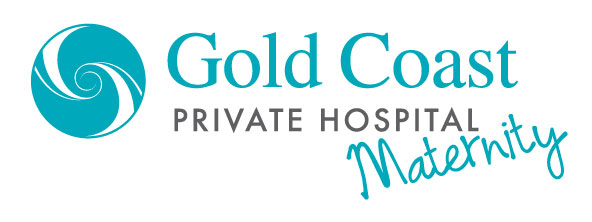Having a baby is the most important decision you’ll ever make, so caring for your body pre-conception and through pregnancy is imperative as it forms the foundations for your child’s health. Here are some important nutrients to consume during pregnancy to give your baby the best start to life.
Folate
Folate (or folic acid) is needed for the growth and development of your baby, even before you know you are pregnant. It is especially important you take a vitamin supplement containing 500mg folic acid for at least one month before you fall pregnant and for the first trimester (three months) of pregnancy.
Studies show that a good intake of folate can help to significantly reduce the risks of neural tube defects (such as spina bifida) in babies, as well as help prevent preterm birth. Dietary sources high in folate include green leafy vegetables such as broccoli, spinach, bokchoy and salad greens. Also be on the lookout for breads and cereals with added folate and include these as part of a healthy diet.
Iron
Large amounts of iron are essential to form red blood cells for you and your baby. It helps to carry oxygen in your blood and is needed for your baby to grow. During pregnancy you need a lot more iron than when you are not pregnant, and it is best to get the iron you need from your diet. Iron from animal food sources is absorbed more easily than iron from plant foods. The best sources of iron are lean meats (especially red meat), some vegetables (especially leafy greens), legumes and cereals with added iron.
If you are vegetarian or vegan then talk to your dietitian to make sure you are getting enough iron from your diet. Eating foods rich in vitamin C at the same time as iron rich foods will help to increase the absorption of the mineral by your body. For many women, getting enough iron is difficult during pregnancy so you may require a daily iron supplement. To enhance the absorption of the iron supplement, take in between meals with a fruit juice that is rich in vitamin C.
Some foods and fluids may reduce the absorption of iron from your supplement or your diet. These include tea/coffee with meals, taking your iron supplement with a meal that includes milk, cheese or yoghurt and/or foods high in fibre (e.g. two tablespoons of unprocessed bran) and a high intake of antacids can all limit or reduce the absorption of iron.
Iodine
Adequate iodine intake during pregnancy is essential for your baby’s growth and brain development. It is recommended that all pregnant women should take a supplement containing 150mcg of iodine and also increase their intake of iodine rich foods. These foods include fruits and vegetables, bread with added iodine, seafood, eggs and iodised salt.
Fish during pregnancy
Fish is a safe and important part of a healthy diet during pregnancy. It not only provides protein but it’s low in saturated fat, high in omega 3 fish oils and is a good source of iodine. Omega 3 oils are important for the growth of your baby’s brain and eye development. It is very important to eat fish when you are pregnant but you need to be careful about the fish you choose. Some fish may accumulate mercury, which may be harmful to your baby’s developing nervous system
Food Standards Australia New Zealand has set the following recommendations for safe fish intake:
Pregnant women (one serve = 150grams):
Limit of one serve per fortnight of shark (flake) or billfish (swordfish/broadbill/marlin) and NO other fish that fortnight.
OR
Limit of one serve per week of orange roughy (deep sea perch) or catfish and NO other fish that week.
OR
Two-three serves per week of any other fish and seafood not listed about.
(Information obtained from a consensus document developed by Queensland Dietitianswww.health.gov.au)

